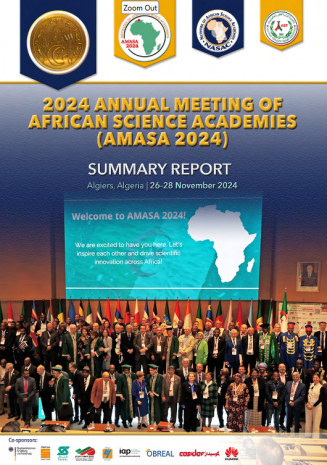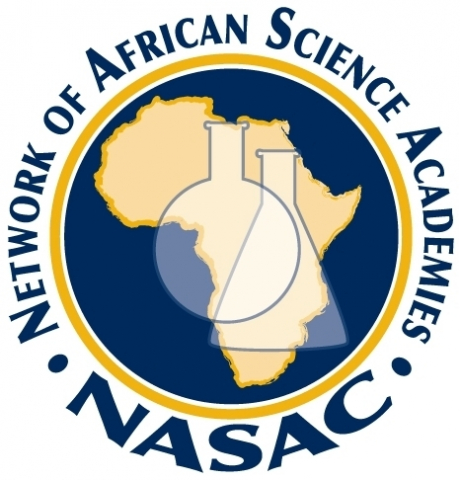The academies of science in the continent convened in Algiers, Algeria, for the 2024 Annual Meeting of African Science Academies (AMASA 2024) under the umbrella of the Network of African Science Academies (NASAC). This landmark gathering, hosted by the Algerian Academy of Science and Technology (AAST), brought together leading scientists, policymakers and key stakeholders to advance scientific collaboration and innovation. Under the overarching theme of Resources, Science and Technology for Development in Africa, the event served as a platform for critical discussions on leveraging Africa’s scientific potential to address pressing challenges and drive sustainable development.
The theme was further broken down into three critical subthemes:
- Ensuring One Health in Africa: Mathematical, numerical and biotechnological approaches
- Natural Hazards and their Impact on the Environment and Health in Africa
- Mobilisation of Skills and Pooling Scientific and Technological Resources in Africa
Over a period of three days from 26-28 November 2024, AMASA 2024 featured a series of impactful talks, high-level panel discussions, keynote addresses, and side
events covering a diverse range of topics like financial sustainability, open science, decarbonisation, artificial intelligence, personalised medicine, science diplomacy and
human resource mobility, among others. Experts underscored the urgent need for Africa to strengthen its research ecosystem, enhance collaboration among institutions, and adopt policies that foster innovation, technology transfer, and knowledge sharing.
Key insights from the discussions emphasised the importance of investment in higher education and postgraduate training, the role of emerging technologies in improving health and climate resilience, and the need to develop robust policies to support scientists’ mobility and counteract the adverse effects of brain drain. The role of science diplomacy in fostering international cooperation was also discussed, with calls for stronger engagement between African academies and global institutions.
AMASA 2024 concluded with a strong commitment to action, with participants agreeing on strategic recommendations to enhance Africa’s scientific capacity. These include increased funding for research and development, policy frameworks to support regional integration in science and technology, and the establishment of collaborative platforms to harness the collective expertise of African scientists. Looking ahead, AMASA 2025 will build on the momentum generated during AMASA 2024 and would tentatively be hosted by the academy of science in Morocco. The outcomes of AMASA 2024 reaffirm the critical role of science in shaping Africa’s future and underscore the necessity of sustained collaboration and investment in research for the continent’s development.

